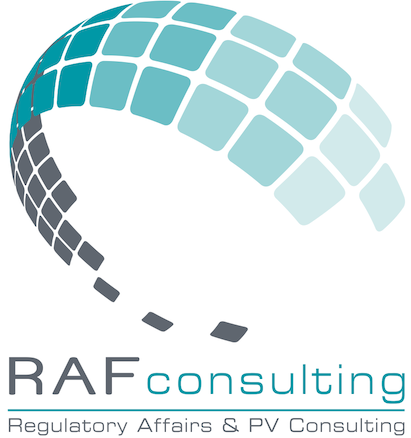Revolutionising the Medical Device Industry
What is Health 4.0?
Health 4.0 is a concept that arises from the fourth industrial revolution, or Industry 4.0, which integrates advanced technologies such as Artificial Intelligence (AI), the Internet of Things* (IoT), Big Data, and robotics to transform healthcare services. This new era is characterized by the digitization and connectivity of healthcare systems, improving the efficiency, accuracy, and personalization of medical treatments. The adoption of these technologies aims not only to optimize medical processes but also to provide more preventive and predictive care.
This term has had a significant impact in the health field and has quickly permeated the Medical Devices industry, enabling:
- Remote Monitoring: Connected devices can send real-time data to healthcare professionals, improving the management of chronic diseases.
- Accurate Diagnostics: AI and Big Data assist in interpreting medical images and analyzing data, reducing errors and improving diagnostics.
- Personalized Care: Personalized medicine becomes more accessible by analyzing large volumes of data to tailor treatments to each patient’s specific needs.
- Operational Efficiency: The automation of processes and the use of robots in surgery and other medical procedures improve precision and reduce recovery times.
The development of Health 4.0 has been driven by advances in various technologies and the growing demand for more efficient and effective healthcare services. From the use of wearable devices that monitor health to the implementation of AI-based hospital management systems, the evolution has been rapid and promising. Countries such as the United States, Germany, and Japan have led this transformation, integrating these technologies into their healthcare systems with notable success.
Health 4.0 Goals
The main goals of Health 4.0 include:
- Improving the quality of healthcare.
- Reducing operational and treatment costs.
- Promoting preventive medicine.
- Facilitating access to healthcare services in remote areas.
- Increasing patient satisfaction through personalized care.
What is the situation of Health 4.0 in Mexico?
In Mexico, the concept of Health 4.0 is beginning to gain ground. Although still in its early stages compared to other countries, important steps are being taken. Institutions such as the National Institute of Public Health (INSP) and private sector companies are investing in Health 4.0 technologies. Pilot projects in telemedicine, the implementation of Electronic Health Records, and the use of connected medical devices are demonstrating the potential benefits of these innovations.
Although our health regulatory entities have started to adapt regulatory frameworks to incorporate new technologies, there is still a need to adapt or generate new standards to have a regulatory framework that allows us to authorize safe, effective, and quality new technology products and stay at the forefront of digitalization.
Actions taken so far include specific guidelines that COFEPRIS has developed for evaluating emerging health technologies, including the assessment of safety, efficacy, and quality of devices based on new technologies such as Software as a Medical Device and the requirements for obtaining their Health Registration. This has been included in the recent NOM 241 and now in the pharmacopoeia supplement for medical devices.
The integration of new technologies also presents regulatory challenges; and to achieve significant progress, regulatory entities in Mexico and the regulated sector must work closely to ensure their products comply with current regulations and anticipate future regulatory changes, such as:
- Mexican Official Norm NOM-241-SSA1-2012: Companies must ensure that connected devices and those based on Health 4.0 technologies comply with Good Manufacturing Practices requirements for medical devices.
- Mexican Official Norm NOM-240-SSA1-2012: It is crucial to ensure that connected devices that collect and transmit real-time data comply with medical device Surveillance and adverse event reporting requirements.
- Regulation of Health Supplies: This regulation should include procedures for the authorization and surveillance of these medical devices in Mexico. It is important to work on updates to include the specifications of Health 4.0 devices, especially those employing AI and Big Data; we hope the ongoing modification will include them.
- General Health Law: With the proposal for the implementation of Electronic Registrations, it is essential to guarantee patient data protection. It is a great example of the beginning of digital health.
The medical device industry in Mexico is in a crucial position to leverage the benefits of Health 4.0, which represent a significant transformation in the global health sector and offer a unique opportunity to improve the quality of healthcare in Mexico.
The integration of advanced technologies not only promises to make treatments more efficient and personalized but can also reduce costs and improve access to healthcare. While Mexico still has regulatory and implementation challenges to overcome, the advances already made indicate a promising future for the adoption of Health 4.0. Collaboration between regulators, health institutions, and the medical device industry will be crucial to reach the full potential of this technological revolution in healthcare.
*IoT allows these smart devices to communicate with each other and with other internet-enabled devices. Just like smartphones and gateways, a wide network of interconnected devices is created that can exchange data and perform various tasks autonomously.



